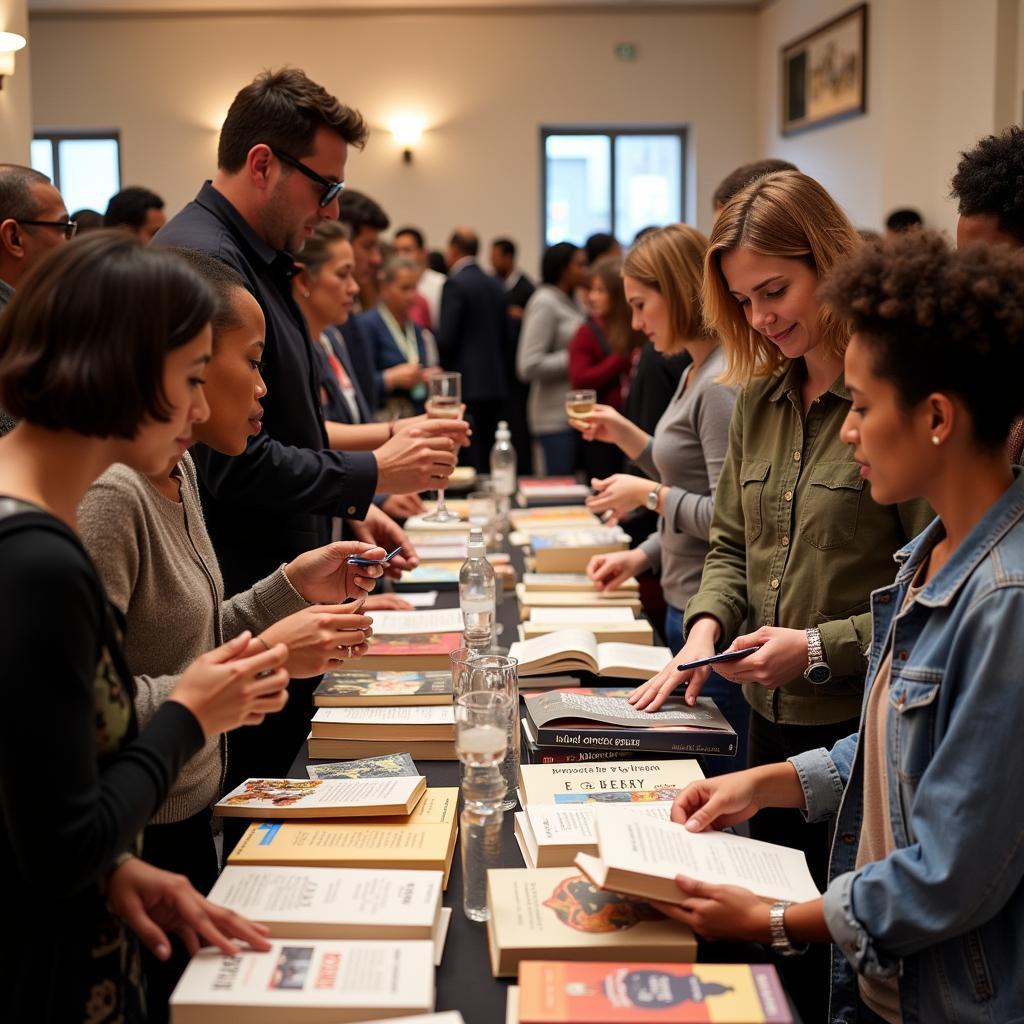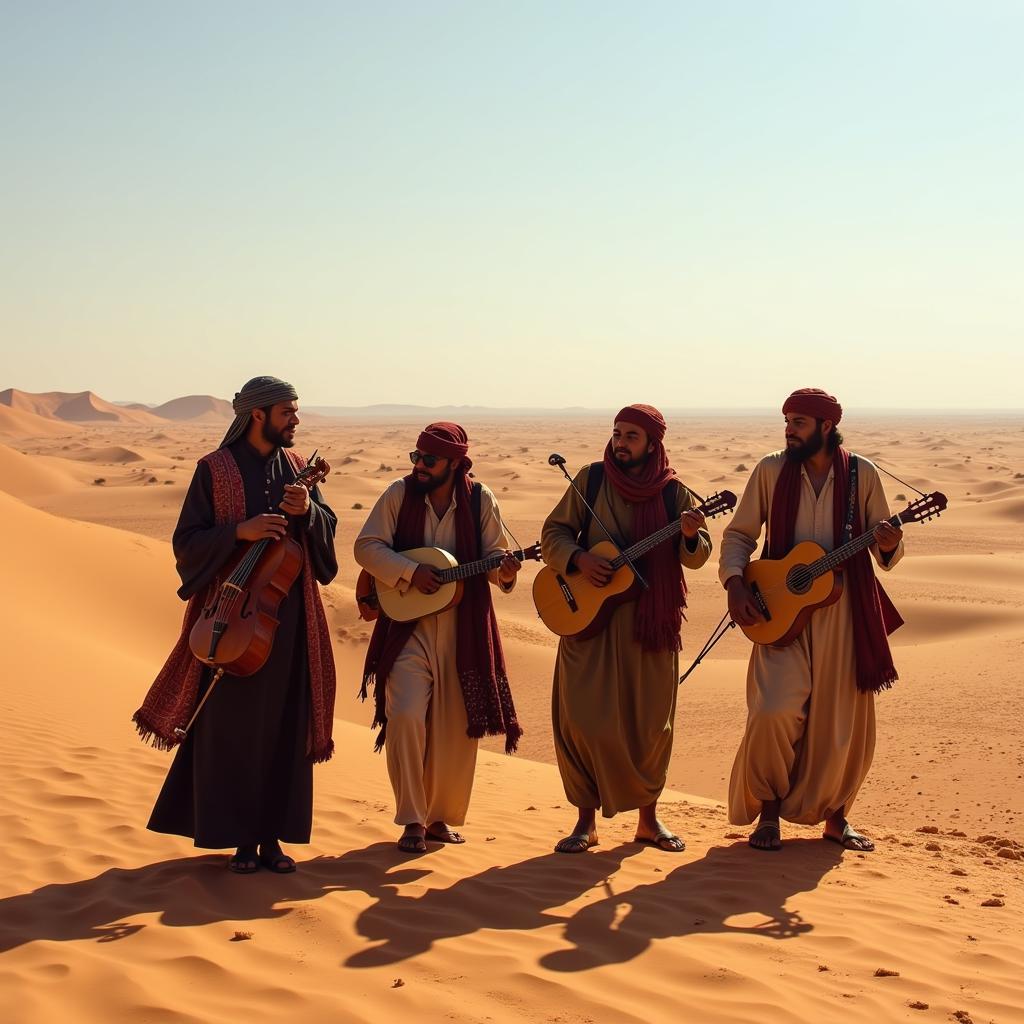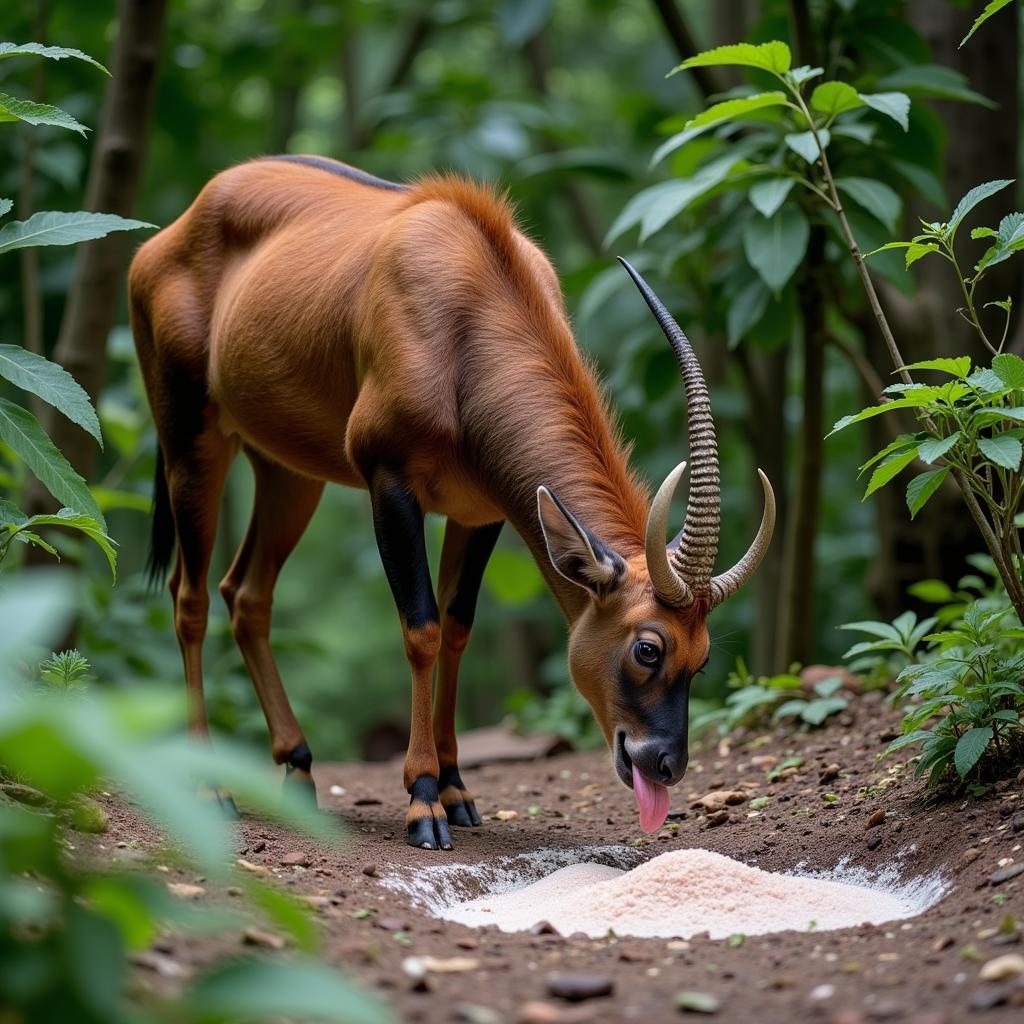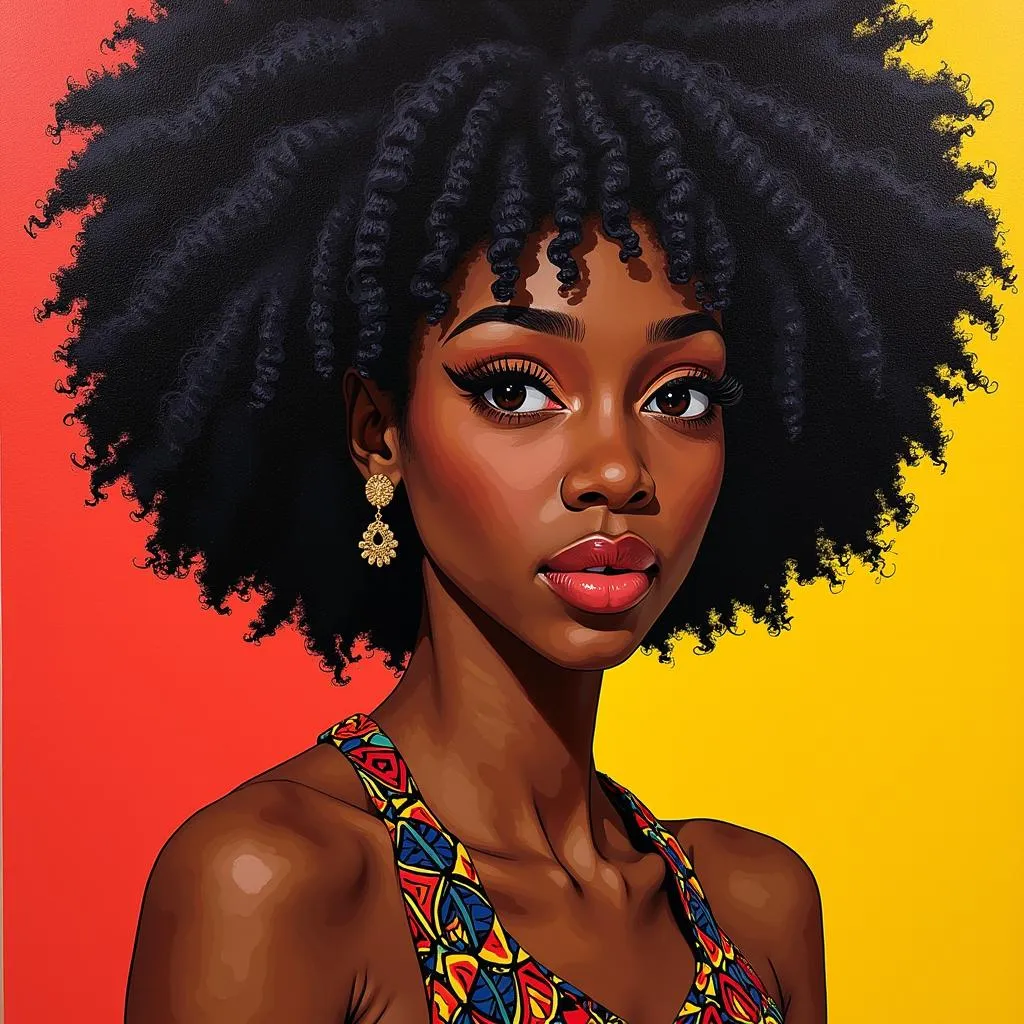21st Century South African Writers: A New Generation of Literary Voices
South African literature has a rich and complex history, shaped by the country’s turbulent past and ongoing social transformation. The 21st century has witnessed the emergence of a new generation of South African writers, who are captivating readers worldwide with their diverse perspectives and compelling narratives. These authors are exploring a wide range of themes, from the legacy of apartheid and the complexities of identity to the challenges of globalization and the search for belonging in a rapidly changing world.
Beyond the Shadow of Apartheid
While the legacy of apartheid continues to cast a long shadow, 21st-century South African writers are moving beyond simply documenting the horrors of the past. Instead, they are grappling with the complexities of post-apartheid society, exploring themes of reconciliation, forgiveness, and the enduring impact of systemic racism. Authors like Lauren Beukes and Niq Mhlongo are using speculative fiction and satire to examine the social and political realities of contemporary South Africa.
For instance, Beukes’s novels, such as “Zoo City” and “The Shining Girls,” blend elements of science fiction, fantasy, and social commentary to create thought-provoking narratives that challenge readers to confront uncomfortable truths about their own societies. Similarly, Mhlongo’s satirical novels, like “Dog Eat Dog” and “After Tears,” use humor and wit to expose the hypocrisy and corruption that persist in post-apartheid South Africa.
Embracing Diversity and Identity
One of the defining characteristics of 21st-century South African literature is its embrace of diversity. South Africa is a country of immense cultural and linguistic richness, and this is reflected in the work of its writers. Authors from different backgrounds are sharing their unique perspectives and experiences, enriching the literary landscape with a kaleidoscope of voices.
Zakes Mda, a renowned playwright and novelist, explores themes of history, memory, and the power of storytelling in his works like “The Heart of Redness” and “Cion.” Nadine Gordimer, a Nobel laureate, continued to write powerful novels that explored the complexities of race and identity in post-apartheid South Africa until her death in 2014. Her novels, such as “The Pickup” and “Get a Life,” offer insightful reflections on the challenges and triumphs of building a new society.
“The diversity of voices in contemporary South African literature is truly remarkable,” says Dr. Lindiwe Magona, a respected author and academic. “These writers are not afraid to tackle difficult subjects and challenge conventional narratives.”
The Global South African Voice
21st-century South African writers are not confined by geographical boundaries. Their work is resonating with readers around the world, sparking conversations about social justice, inequality, and the human condition. Authors like J.M. Coetzee, a two-time Booker Prize winner, and Damon Galgut, winner of the 2021 Booker Prize for his novel “The Promise,” have gained international acclaim for their insightful and evocative writing.
These authors, along with many others, are contributing to a growing body of world literature that is challenging readers to look beyond their own borders and engage with the complexities of our interconnected world. They are demonstrating the power of literature to bridge cultural divides, foster empathy, and inspire meaningful change.
Looking Ahead: The Future of South African Literature
The future of South African literature is bright. The new generation of writers is bold, innovative, and deeply engaged with the world around them. They are pushing the boundaries of genre and form, experimenting with language and style, and asking difficult questions about the past, present, and future of their country and the world at large.
 South African Literature Festival
South African Literature Festival
As South Africa continues to grapple with its past and navigate the challenges of the 21st century, its writers will undoubtedly be at the forefront of these conversations, using their words to illuminate, provoke, and inspire.
For those interested in exploring the rich tapestry of South African literature, [African American writing as minority] and [African American writer female top 100 name] offer valuable insights into the diverse voices shaping the literary landscape.


